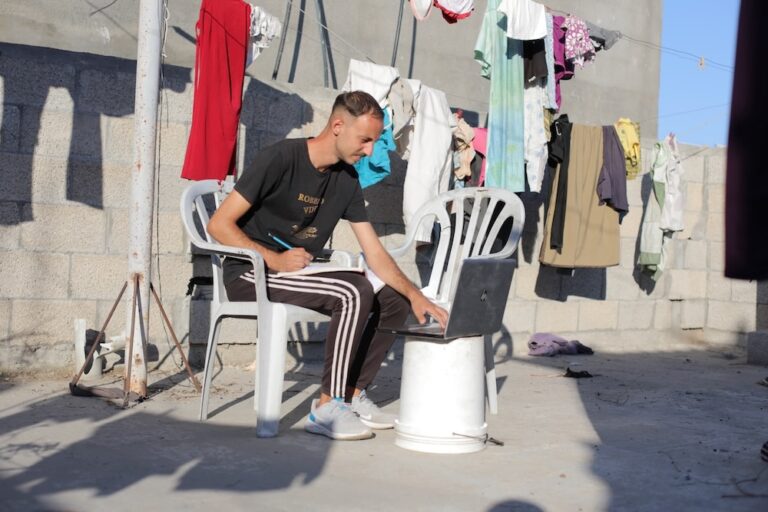ARTICLE 19 dedicates International Women's Day to courageous women from across the regions who have spoken out against oppression and inequality.
(ARTICLE 19/IFEX) – 8 March 2011 – On the occasion of the 100th anniversary of International Women’s Day, ARTICLE 19 celebrates the achievements of women – past, present and future – who strive for equality and empowerment through their work as journalists, human rights defenders and political activists.
Often at the forefront of the recent wave of protests that have gripped the Middle East and North Africa and captured the imagination of the international community, women are an inspiration to us all on International Women’s Day and for generations to come. Originating from diverse backgrounds, the women who continue to take to the streets are unified by their call for change, for a better life, for equality, and for human rights – for themselves and their communities.
The vast majority of these women are not renowned political activists, human rights defenders or cyber activists, but ordinary women, young and not so young, educated and non-educated, literate and illiterate, who have come together to march: chanting, raging, and relentlessly demanding and speaking out against oppression, censorship and inequality.
ARTICLE 19 dedicates 2011 International Women’s Day to courageous women from across the regions – Africa, Asia, Europe, the Middle East and the Americas – who have spoken out against oppression and inequality, and called for human dignity and human rights.
On the occasion of the 100th anniversary of international women’s day, ARTICLE 19 calls on governments around the world to take measurable and time-bound steps to ensure women have equal access to information, media, and communication technologies.
ARTICLE 19 also calls on the media and the media regulatory and self-regulatory bodies around the world to take active measures towards establishing equal opportunities for female media professionals, addressing existing discrimination against female representation in the media professions and ensuring that effective ethical and self-regulatory codes of conduct are put in place. The measures should include fostering a gender-sensitive approach to media work and a gender-sensitive understanding of what content is in the public interest.
We call on women’s and press freedom organisations to continue to raise awareness about sexism and gender-based censorship in the media and to work to combat it. We call for stronger dialogue and debate between women’s and feminist organisations and broadcasters, and encourage the development of women’s and feminist press globally, including in online publishing.
(…)


